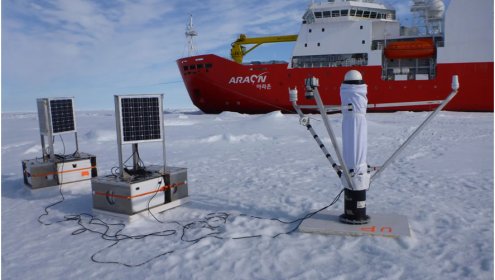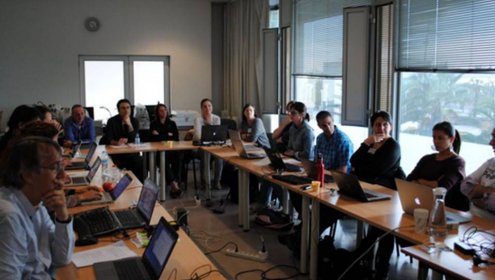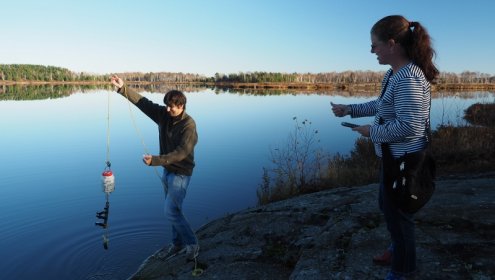LATEST TOPICS
Scientific news
Today starts in Barcelona the third edition of the Barcelona World Race 2014/15. All of the boats participating in the regatta are taking part in scientific projects with the Institute of marine Science, coordinated by the UNESCO-IOC. The results collected by the skippers will represent an important contribution to efforts being made by the scientific community and will play a fundamental role in the Barcelona World Race educational activities.
Four projects will be developed:
BON ANY ¡FELIZ AÑO! HAPPY NEW YEAR
Antarctica is an amazing place, filled with fascinating forms of marine life, mountains of ice, and vast polar deserts. It is also a place of peace and scientific Discovery because of the Antarctic Treaty, which was ratified on December 1st 1959.
The 1st General Assembly of the European project “Ice, Climate, Economics – Artic Research on Change” (ICE-ARC) took place from Nov 19 to 21 at the ICM.
The Ecopath 30 Years – “Modelling ecosystem dynamics: beyond boundaries with EwE” Conference is currently taken place at the ICM from Monday 10th November to Wednesday 12th 2014 93 participants from 25 countries over the world will participate at the conference, which is a gathering to implement an international scientific reunion on ecosystem modelling using the Ecopath and Ecosim approach.
Jaume Piera and Raul Bardají, from the Department of Physical and Technological Oceanography, were invited last October at the center "Living with Lakes" of the "Laurentian University" in Sudbury (Ontario, Canada) to present the European Citizen Science project Citclops (www.citclops.eu) and more specifically the low cost buoys developed in this project called KdUINO.




